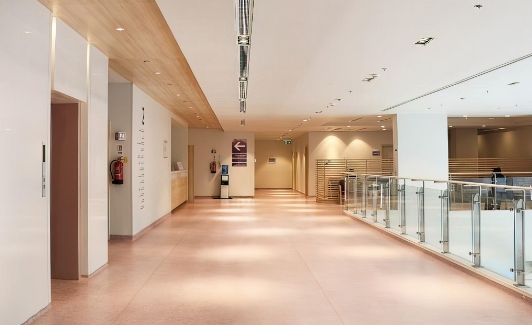
At Almana Hospital, our Nuclear Medicine department utilizes specialized techniques and radioactive materials to diagnose and treat a wide range of medical conditions. Nuclear medicine imaging provides valuable insights into organ function, blood flow, and metabolic activity within the body.
Our Team of Experts:
Our department is staffed by highly qualified nuclear medicine physicians, technologists, and nurses who are dedicated to providing safe and effective care. Our team works collaboratively to ensure a smooth and accurate diagnostic experience.
What is Nuclear Medicine?
Nuclear medicine combines nuclear medicine imaging with specialized radiopharmaceuticals (radioactive drugs) to create detailed images of internal organs and their functions. During a nuclear medicine procedure, a small amount of radioactive material is injected into the bloodstream, inhaled, or swallowed. This radiopharmaceutical accumulates in specific organs or tissues, allowing a special gamma camera to detect and create images of their activity.
Conditions Diagnosed with Nuclear Medicine:
Nuclear medicine imaging is used for a variety of diagnostic purposes, including:
Treatments Offered Through Nuclear Medicine:
In some cases, nuclear medicine procedures can also be used for therapeutic purposes. For instance, radioactive iodine treatment is used to destroy thyroid tissue in patients with hyperthyroidism or thyroid cancer.
Advantages of Nuclear Medicine Imaging:
Safety of Nuclear Medicine Procedures:
The amount of radioactive material used in nuclear medicine procedures is very small and poses minimal health risks. Our team strictly adheres to safety protocols to ensure patient safety throughout the process.
Schedule an Appointment Today!
If your doctor has recommended a nuclear medicine procedure, or if you have any questions about this advanced diagnostic tool, contact us today. Our team is here to provide you with the information and care you need.
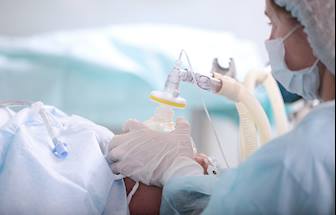
Almana Hospital's Anesthesiology Department
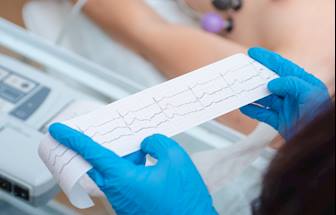
Almana Hospital's Cardiac Surgery Department
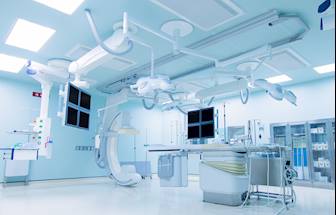
Almana Hospital's Cath Lab Department

Almana Hospital's Emergency Medicine Department
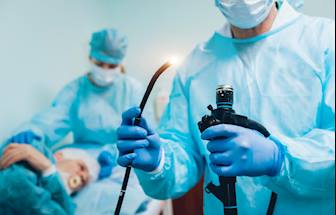
Almana Hospital's Endoscopy Department
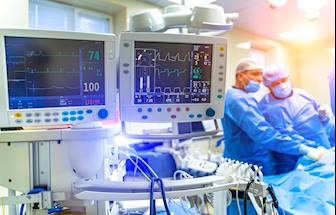
Almana Hospital's Intensive Care Unit Department

Almana Hospital's Nursery

Almana Hospital's Pathology & Laboratory Department

Almana Hospital's Physical Therapy
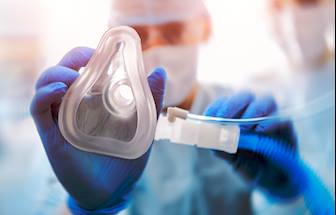
Almana Hospital's Respiratory Therapy Department

Almana Hospital's Thoracic Surgery Department
Almana Hospital's Allergy & Immunology Medicine Department
Almana Hospital's Audiology Department
Almana Hospital's Bariatric Surgery Department
Almana Hospital's Breast Surgery Department
Almana Hospital's Cardiology Department
Almana Hospital's Dental Department
Almana Hospital's Dermatology Department
Almana Hospital’s Dermatology and Venerology Department
Almana Hospital's Nutrition and Dietetics Department
Almana Hospital's Ears, Nose and Throat Department
Almana Hospital's ENT Surgery Department
Almana Hospital's Endocrinology Department
Almana Hospital's Gastroenterology Department
Almana Hospital's General Surgery Department
Almana Hospital's Infection Prevention and Control (IP&C) Department
Almana Hospital's Internal Medicine Department
Almana Hospital's Interventional Cardiology Department
Almana Hospital's Interventional Radiology Department
Almana Hospital's In Vitro Fertilization (IVF) Department
Almana Hospital's Maxillofacial Surgery Department
Almana Hospital's Nephrology Department
Almana Hospital's Obstetrics & Gynecology Department
Almana Hospital's Oncology Center
Almana Hospital's Ophthalmology Department
Almana Hospital's Orthodontics Department
Almana Hospital's Orthopedic Department
Almana Hospital's Orthopedic & Spinal Surgery Department
Almana Hospital's Pain Management Department
Almana Hospital's Pediatric Nephrology Department
Almana Hospital's Pediatric Dentistry Department
Almana Hospital's Periodontal Department
Almana Hospital's Plastic Surgery Department
Almana Hospital's Primary Care Department
Almana Hospital's Psychiatry Department
Almana Hospital's Pulmonology Department
Almana Hospital's Rheumatology Department
Almana Hospital's Urology Surgery Department
Almana Hospital's Vascular Surgery Department
Almana Hospital's Pediatric Neurology Department
Almana Hospital Neurosurgery Department
Almana Hospital's Pediatric Department
